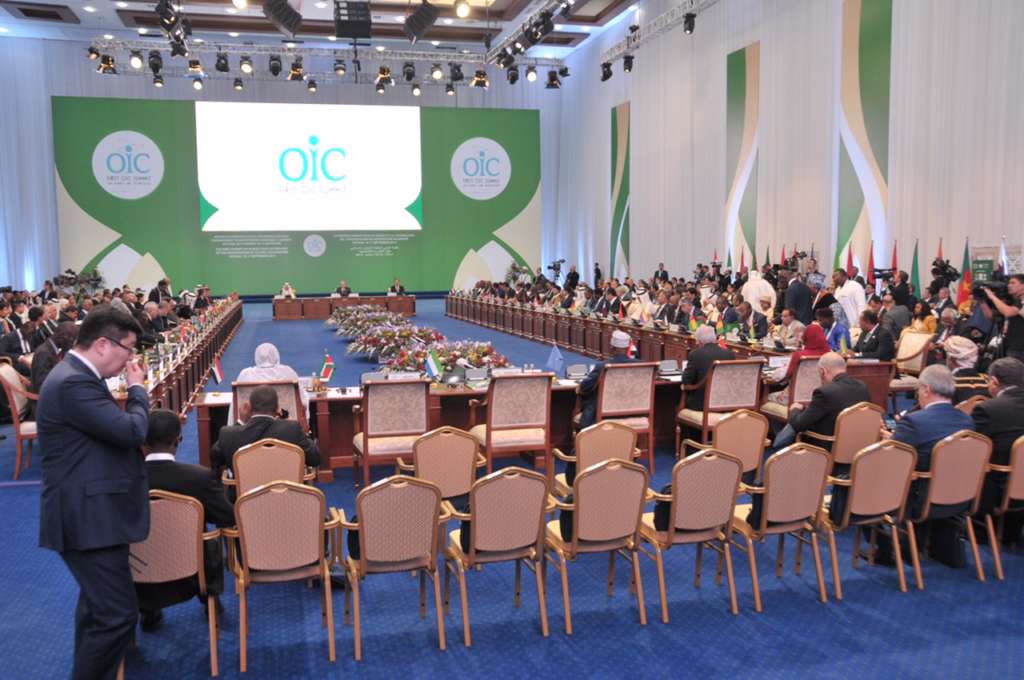The First Summit of the Organization of Islamic Cooperation (OIC) on Science and Technology concluded its proceedings in Astana, Kazakhstan, on Monday, 11 September 2017, with the adoption of Astana Declaration.
The Declaration stipulated that the second S&T summit would be held in Uzbekistan at a date to be announced later. This indicates that holding a summit on S&T by the OIC member states has become periodic.
In addition to the Astana Declaration, the Summit also adopted the OIC Science, Technology and Innovation Agenda 2026 in which the leaders identified priority areas including managing energy requirements by calling for the use of renewable energy and initiating peaceful application of nuclear technology in power and non-power sector among other recommendations.
The Summit also called in the Agenda for nurturing the “Thinking Mind” by building a culture of science and innovation– making people employable through developing their education and skills; and improving the quality of higher education and research in addition to focusing on mathematics and physics, biology and biotechnology, and the chemical sciences.
OIC Secretary General, Dr. Yousef A. Al-Othaimeen, said in a ceremony held on the sidelines of the Summit, on Sunday, 10 September 2017, in Astana: “Convinced of the importance of acknowledging and commending Muslim scientists and researchers for their outstanding contributions to their areas of specialization, today, the OIC will be honoring a group of them with OIC S&T Achievement Award. These prominent scientists have charted with their knowledge and excellence for the advancement and progress of their societies and countries”.
Among the honored scientists, a Moroccan lady, Prof. Rajaâ Cherkaoui El Moursli, who holds two PhDs in nuclear physics from Joseph Fourier University in France and Mohammed V University in Morocco, and has several achievements in nuclear physics in her country. Tribute was also paid to Prof. Yusuf Yagci from Turkey, who established a chemical laboratory of polymer, a meeting point of scientists from around the world.
Prof. Alouini, from Tunisia, specialized in electrical engineering and telecommunications, who worked in the University of Minnesota, and who currently works at the King Abdullah University for Science and Technology, as well as Prof. Assan Jaye, from the Gambia, who is a prominent scientist and the Head of Research Training and Career Development at the Medical Research Council in the Gambia, were also honored during this ceremony
